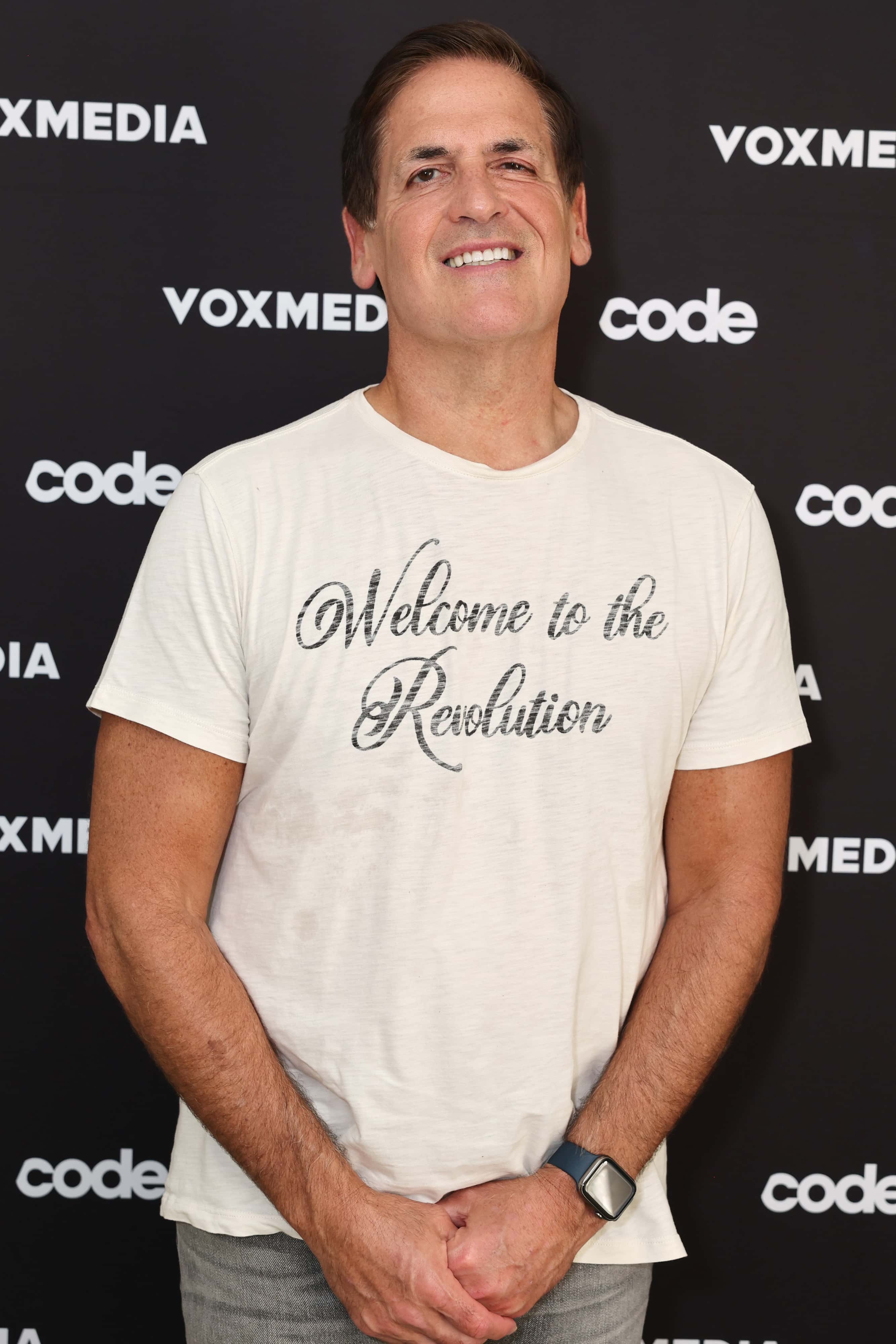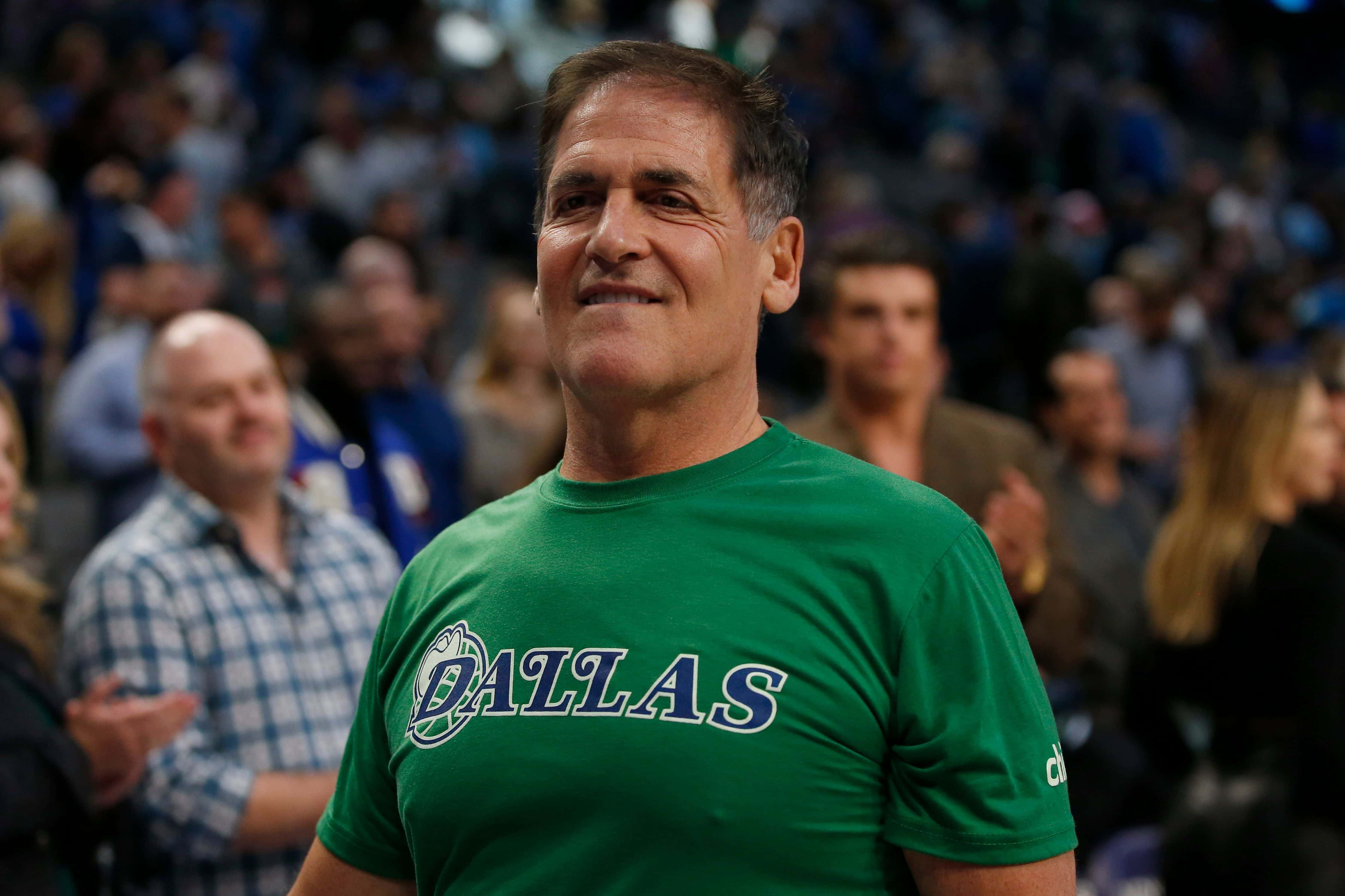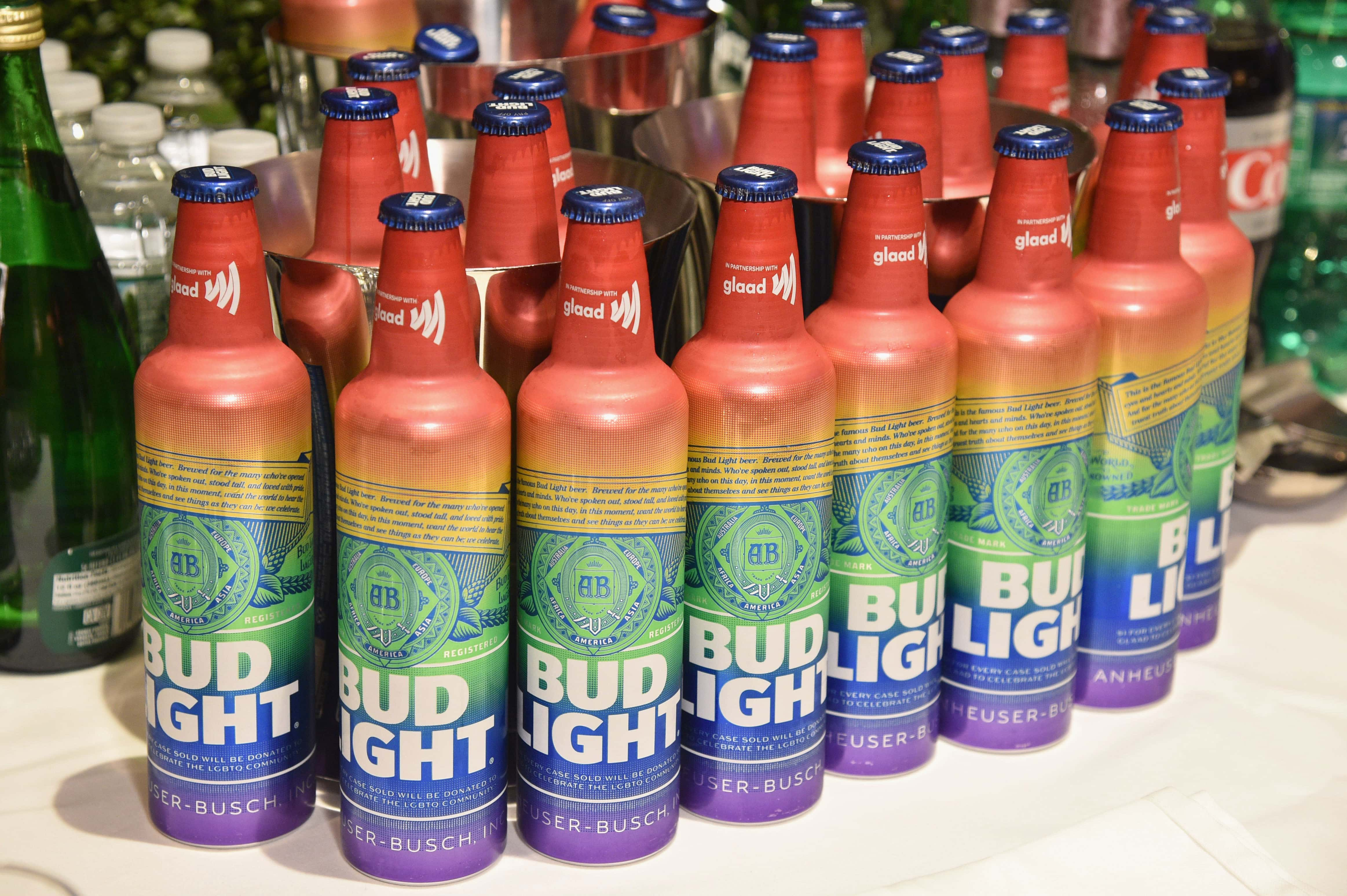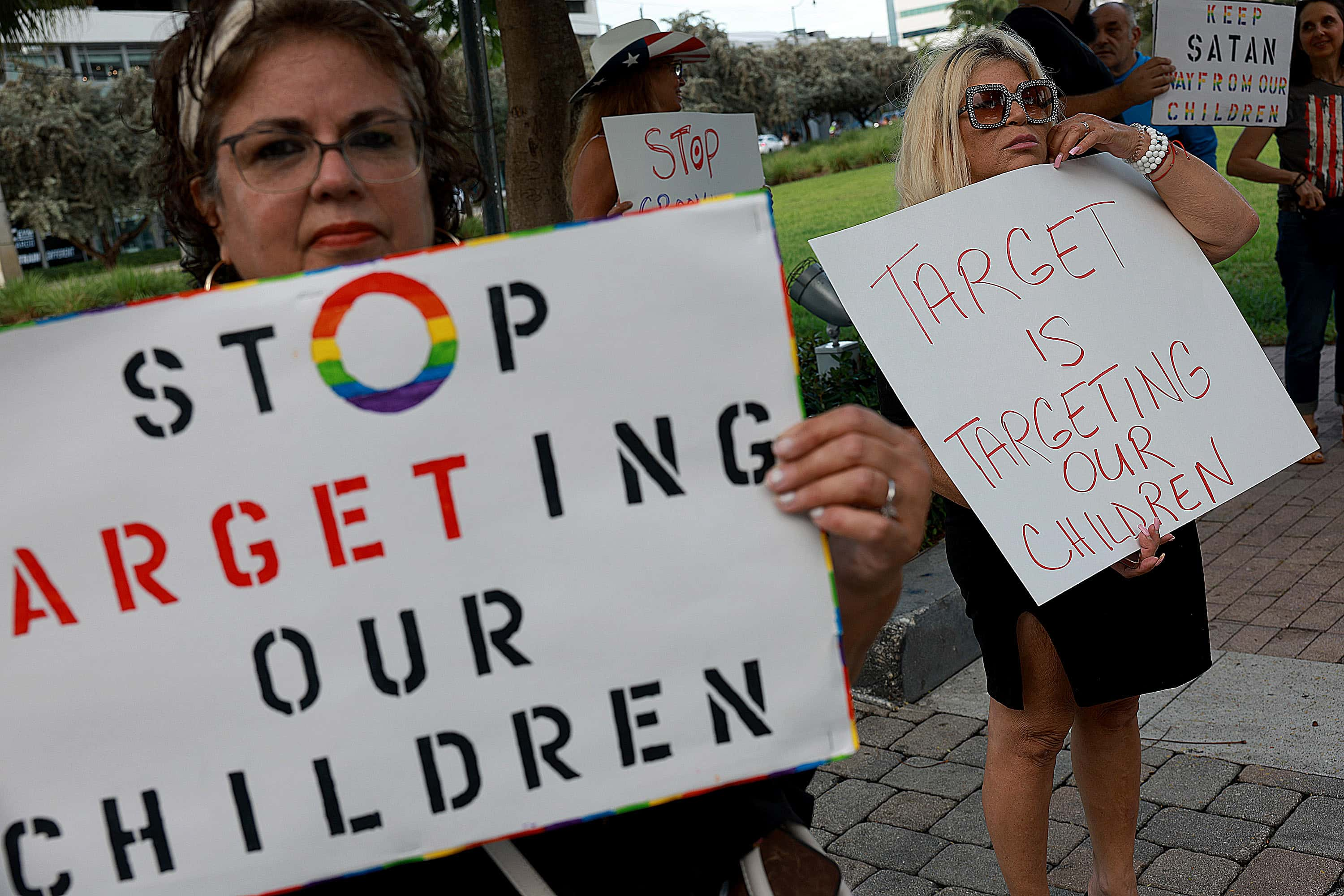Woke is where the money is: Mark Cuban reveals why Anheuser-Busch shouldn't worry despite losing billions over Dylan Mulvaney row

DALLAS, TEXAS: In the face of remarkable backlash against their LGBTQ+ marketing initiatives, Anheuser-Busch and Target Corporation are grappling with substantial losses. However, entrepreneur and 'Shark Tank' star Mark Cuban has rushed to defend the strategy, asserting that embracing a socially conscious approach is not only morally right but also advantageous for businesses.
Anheuser-Busch, the parent company of Bud Light, has witnessed a staggering $22.6 billion drop in market capitalization since its partnership with transgender TikTok star Dylan Mulvaney was announced in April, according to data from Ycharts. As a consequence, Bud Light lost its top-selling beer status to Modelo Especial in May, signifying a significant blow to the brand's market position.
View this post on Instagram
Meanwhile, Target Corporation experienced a considerable decline, with a $10 billion decrease in market capitalization within 10 days of promoting Pride-themed merchandise. Though the company has seen a slight recovery, with current trading at $59.41 billion as of June 13, it still struggles to regain its previous market standing. Both Anheuser-Busch and Target Corporation faced widespread boycotts due to their marketing decisions. In response to the criticism, Target removed its LGBTQ+ line, which included "tuck-friendly" clothes, from select stores. Some experts have attributed the decline in market value to the injection of politics into brand representation.
Mark Cuban says organizations should 'wait out the news cycle'
Mark Cuban argues that embracing a socially conscious approach, or "going woke," is a positive move for businesses. In an interview with the Pittsburgh Post-Gazette, he highlighted the presence of socially aware companies among the top ten market capitalization leaders in the United States as evidence that such a strategy is good for business. Cuban emphasized that most CEOs understand the cyclical nature of news cycles and the importance of weathering the storm before moving on.

"There is a reason almost all the top ten market cap companies in the US can be considered 'woke.' It's good business," Cuban told the Pittsburgh Post-Gazette. "Most CEOs have enough experience to know to just wait out the news cycle until they go to the next one." While Anheuser-Busch and Target Corporation faced significant financial setbacks, Cuban dismissed the market capitalization drops as temporary and inconsequential. He argued that the majority of stock ownership lies with funds rather than individual shareholders and attributed the decline to quantitative trading strategies rather than mass stock selling by individuals.
"First, a dip in market cap is meaningless," Cuban said. "You have to realize that there aren't many individual owners of stocks — almost all ownership is via funds, and most trading is quantitative. So, it's not like the drop is because tens of thousands of individual holders sold their stocks." Cuban emphasized the importance of businesses demonstrating care for their customers, asserting that this quality aligns with American values and contributes to commercial success. He sees it as an American trait that reflects who we are as a country. "People want to do business with companies that care about their customers," Cuban stated. "It's an American trait, and it's a reflection of who we are as a country."

'We never intended to be part of a discussion that divides people'
However, the ongoing backlash against Anheuser-Busch's partnership with Dylan Mulvaney has led global asset management firm Bernstein to forecast a potentially permanent 15 percent dent in sales and a 6.7 per cent decrease in overall profits for the company in 2023. The controversy surrounding Mulvaney began when the 26-year-old transgender influencer shared a series of promotional posts for Bud Light while people continued to boycott the beer. Musician Kid Rock responded by posting a video of himself shooting at cases of Bud Light, and country singers John Rich and Travis Tritt dropped ties with the brand. In contrast, media personalities such as Howard Stern defended Bud Light's decision.
"We never intended to be part of a discussion that divides people. We are in the business of bringing people together over a beer," said Brendan Whitworth, CEO for North America at Bud Light, on April 14. Whitworth also expressed a commitment to "building and protecting our remarkable history and heritage." Anheuser-Busch faced further challenges as two marketing executives took a leave of absence following the Mulvaney partnership. It remains unclear whether they have returned to work yet.
Despite the backlash, AB-InBev CEO Michel Doukeris downplayed the impact, stating that Bud Light's US sales declines in the first three weeks of April represented only one percent of InBev's global volumes. "We believe we have the experience, the resources, and the partners to manage this," Doukeris said during a conference call with investors earlier this month.

Apart from Bud Light, other flagship beers of Anheuser-Busch also experienced declines. Budweiser recorded an 8.5 per cent drop, while Natural Light and Stella Artois saw a decrease of 1.5 per cent to three per cent. In contrast, the company's top competitors saw an increase in sales as beer drinkers switched brands. Coors Light experienced a 26.3 per cent rise, Miller Lite saw a 23.1 per cent increase, and Yuengling achieved the largest boost at 36.3 per cent. Modelo Especial, owned by Anheuser-Busch's parent company AB-InBev, saw the smallest increase at 9.5 per cent.
Target loses $10 billion over Pride-themed merchandise
Target Corporation faced its own set of challenges as conservative groups expressed their dissatisfaction with the company's Pride displays, which included controversial items like "tuck-friendly" women's swimsuits. However, the situation worsened when Target decided to scale back its Pride merchandise, enraging the LGBTQ+ community. Target's Pride collection was linked to designer Erik Carnell of Abprallen, who has expressed support for Satanism and incorporated occult imagery. As a result, Target's shares have been downgraded several times due to the controversies surrounding the Pride products.

Citi analyst Paul Lejuez downgraded Target's stock from 'buy' to 'neutral' and suggested that rival Walmart might gain market share. In a note to investors, Lejuez stated, "We believe Walmart is likely to continue gaining market share, and Target's high exposure to discretionary sales will not serve them well in the current macro backdrop." He added, "Despite the recent stock pressure, we cannot recommend investors buy the stock given these dynamics and now believe the risk-reward is more balanced, but the risk is more to the downside near term." Furthermore, Target has also experienced a decline in store traffic, with a 13.9 per cent reduction observed during the final week of May. Analysts attribute this decline to inflationary pressures and reduced consumer spending over the Memorial Day weekend, the Daily Mail reported.










